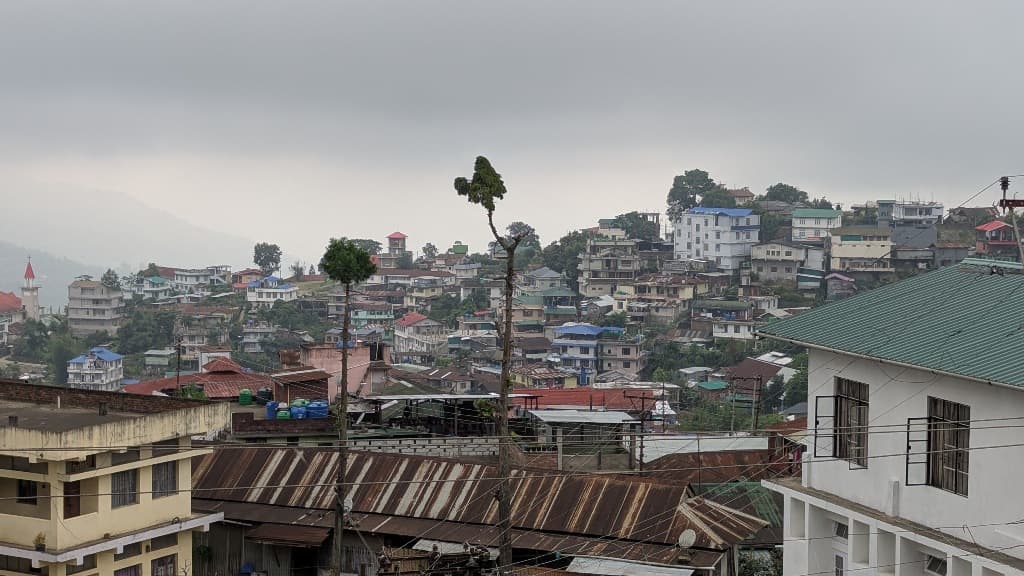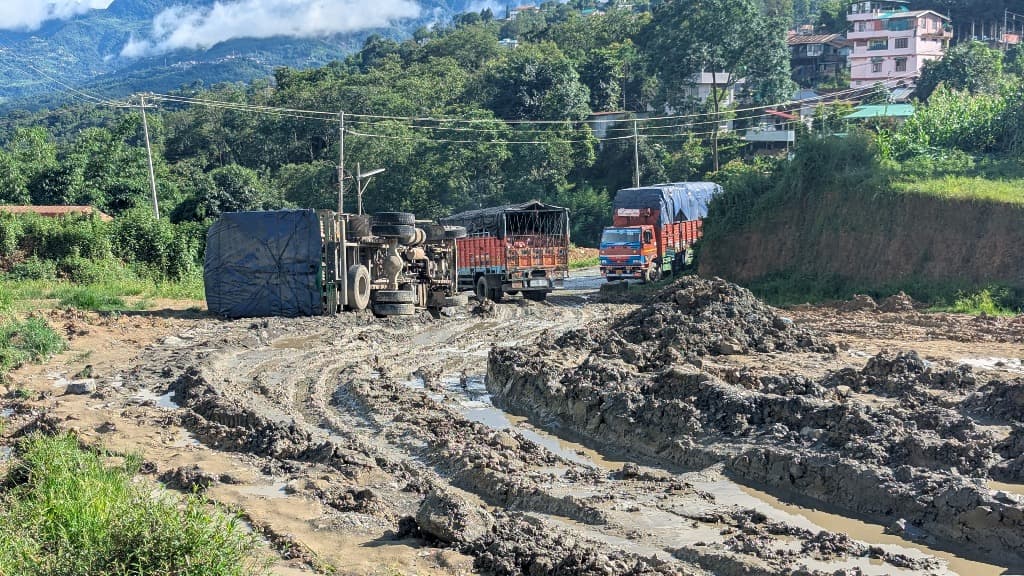Kohima recorded India’s highest warm monsoon days as CSE report highlights rising temperatures and increasing extreme weather impacts.
Share

KOHIMA — Kohima recorded the highest number of warmer-than-usual days during the monsoon season this year, according to an assessment released by the Centre for Science and Environment (CSE) and Down to Earth.
The report noted that in 16 of the 34 capitals studied, minimum temperatures were above normal on more than 50% of monsoon days. Kohima recorded higher-than-normal minimum temperatures on 98% of monsoon days between June and September, the highest among all capitals assessed.
Kohima was followed by Diu in Dadra and Nagar Haveli and Daman and Diu (91%), Srinagar in Jammu and Kashmir (78%), Patna in Bihar and Lucknow in Uttar Pradesh (70%), and Imphal in Manipur and Shimla in Himachal Pradesh (65%).
“The rise in temperature during the monsoon is particularly concerning, as it disrupts the core dynamics of the monsoon system. This can trigger erratic and extreme weather events — from floods to droughts — while threatening agriculture, food security and public health,” the report stated.
Nagaland recorded 53 days of extreme weather events between January 1 and September 30, 2025. During this period, the state reported eight deaths, the loss of 76 animals, damage to 1,774 houses, and crop loss across 586 hectares.
Nationally, India experienced extreme weather events on 270 of 273 days (99%) in the same nine-month period. These events caused 4,064 deaths, affected 9.47 million hectares of crops, killed 58,982 animals and damaged 99,533 houses.

In Nagaland, casualties were linked to heavy rain, floods and landslides, which together accounted for 48 days of extreme weather activity.
The assessment also documented Nagaland’s extreme weather records in previous years: 15 days and 10 deaths in 2022; 19 days and 17 deaths in 2023; and 46 days and 26 deaths in 2024.
Across India, 2,440 people died due to heavy rain, floods and landslides alone. The IMD categorised extreme weather events to include snowfall, heatwaves, cloudbursts, cyclones, lightning, storms, cold day or cold wave conditions, heavy rain, floods and landslides.